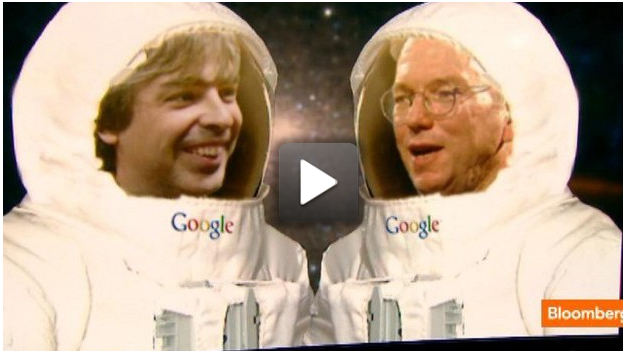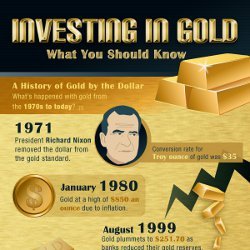
Top Boss Google, Larry Page dan Eric Schmidt akhirnya bakal memasuki pasaran emas / metal dengan cara mereka tersendiri, kedua-dua boss Google dan pengarah filem James Cameroon merancang untuk melakukan carigali emas dan logam di asteroid yang berada berdekatan dengan orbit dibumi. Rancangan mereka adalah untuk menerbangkan pesawat yang dibina khusus untuk eksplorasi emas/logam bernilai dan membawanya kebumi untuk kajian dam mengkomersialkan logam-logam /mineral yang dijumpai di asteroid (ikuti keratan dari bloomberg dibawah)
Top Google executives and film director James Cameron have backed a plan to mine asteroids for precious minerals and water.
Planetary Resources, the start-up whose backers include Google co-founders Larry Page and and Eric Schmidt, used a space museum in Seattle to launch a bold plan to prospect on resource-rich chunks of rock in space not far from Earth.
“The promise of Planetary Resources is to apply commercial innovation to space exploration,” former NASA astronaut Tom Jones, an adviser to the start-up, said.
“They are developing cost-effective, production-line spacecraft that will visit near-Earth asteroids in rapid succession, increasing our scientific knowledge of these bodies and enabling the economic development of the resources they contain.”
Planetary Resources said it was “poised to initiate” space mining missions in what it predicted would become a multi-billion-dollar industry.
A single 500-metre platinum-rich asteroid contains the equivalent of all the platinum group metals mined in history, according to the start-up
“Many of the scarce metals and minerals on Earth are in near-infinite quantities in space,” Planetary Resources co-founder Peter Diamandis said.
“As access to these materials increases, not only will the cost of everything from microelectronics to energy storage be reduced, but new applications for these abundant elements will result in important and novel applications.”
Water-rich near-Earth asteroids (NEAs) could be springboards for deep space exploration by serving as fuelling and supply depots.
“Water is perhaps the most valuable resource in space,” Planetary Resources co-founder Eric Anderson said.
“In addition to supporting life, water will also be separated into oxygen and hydrogen for breathable air and rocket propellant.”
More than 1,500 of the approximately 9,000 known NEAs are as reachable as the Moon in terms of how much energy it would take for the trip, the start-up says.
“Our mission is not only to expand the world’s resource base,” said Planetary Resources chief engineer Chris Lewicki.
“We want to increase people’s access to, and understanding of our planet and solar system by developing capable and cost-efficient systems.”
The company has developed the first in what it said will be a family of prospecting spacecraft dubbed Arkyd-100 Series.






